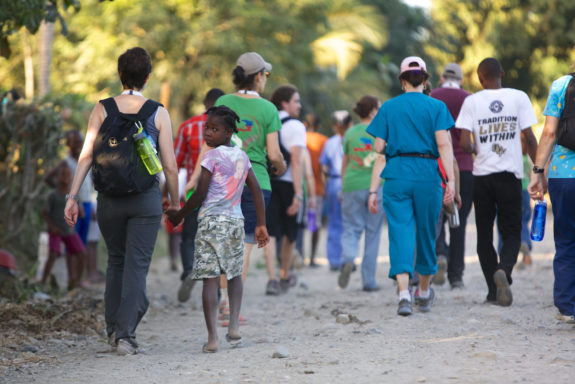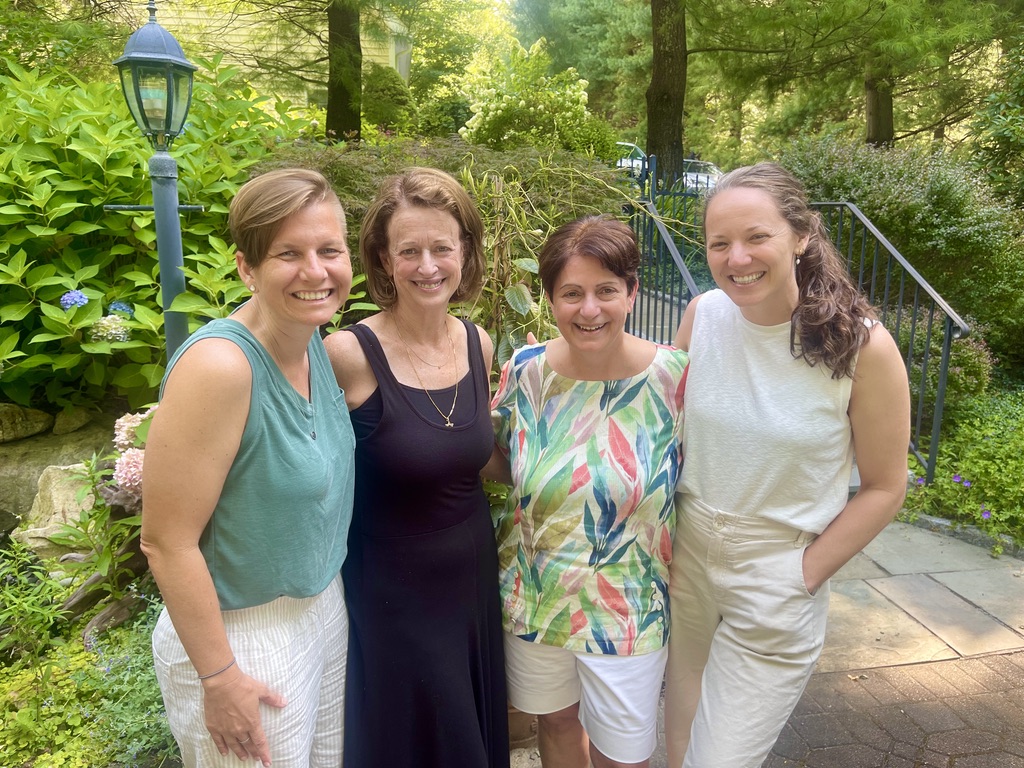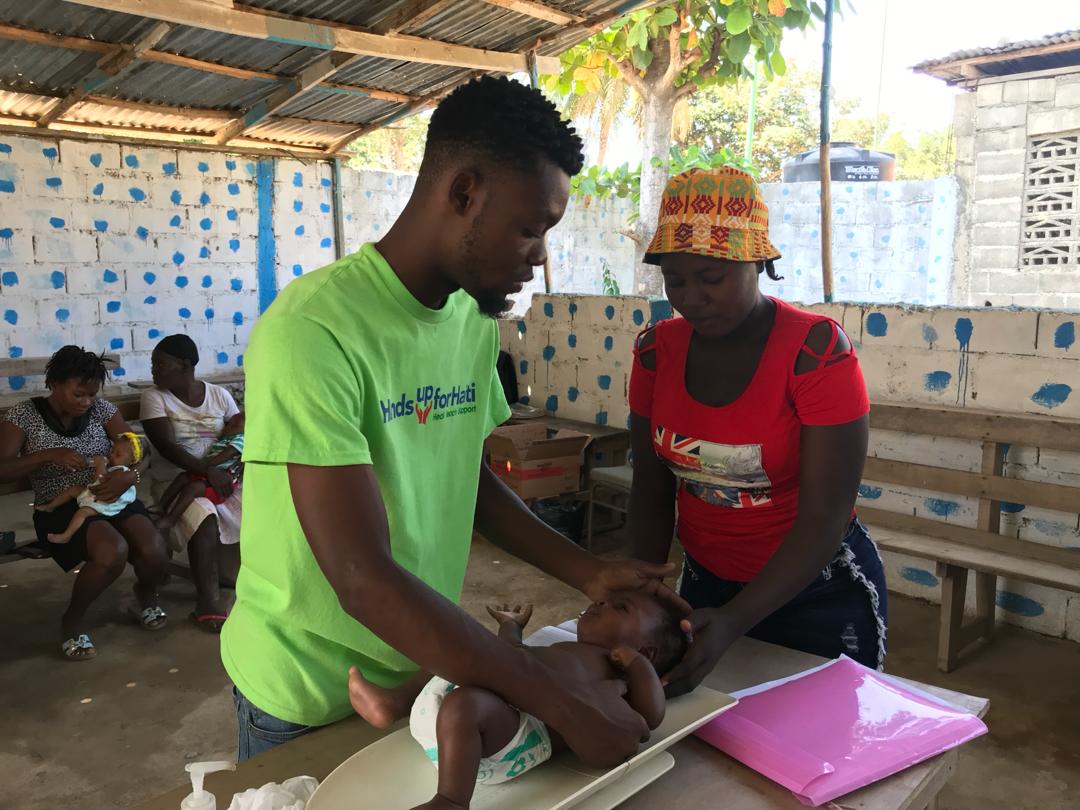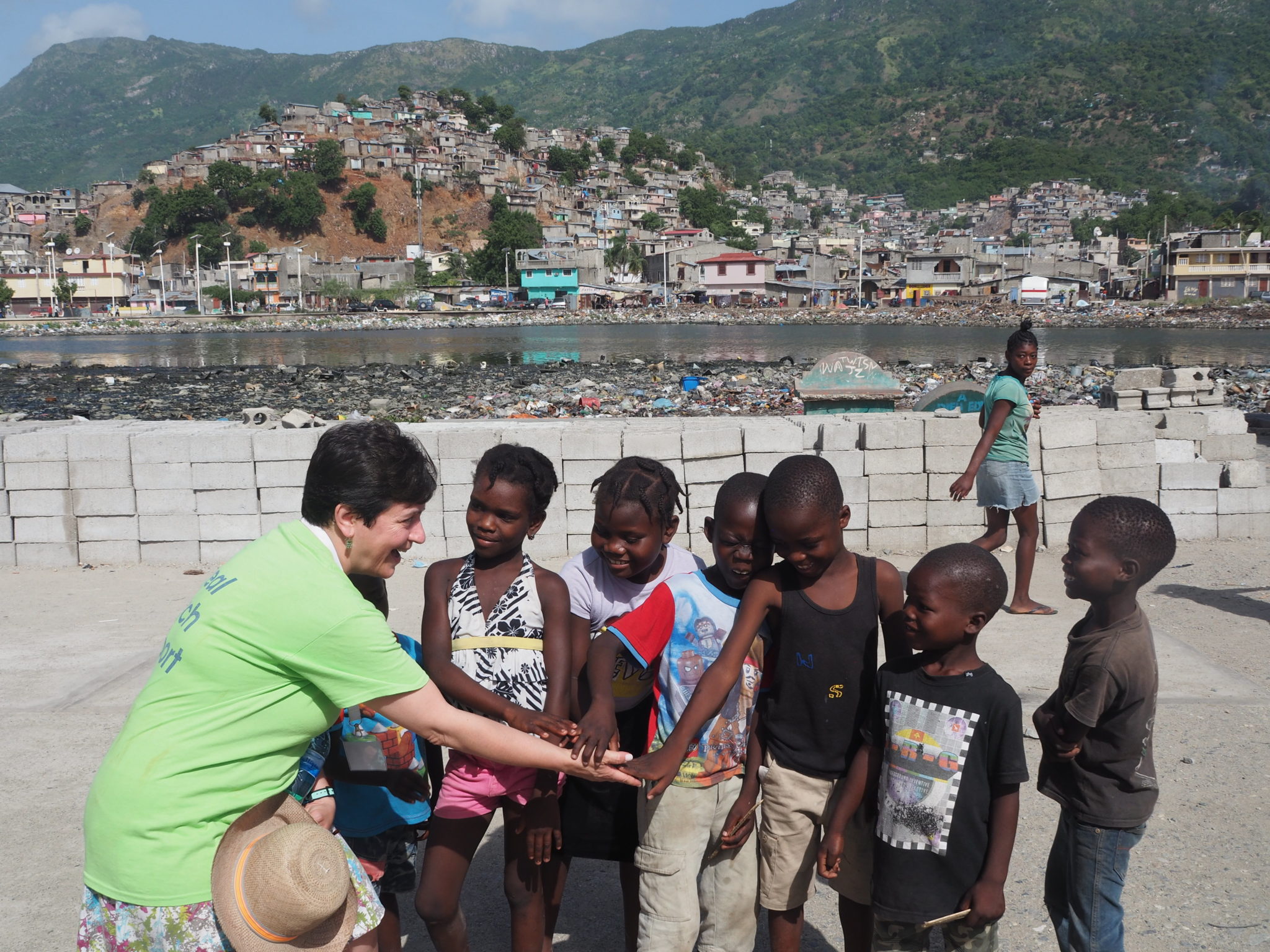
What makes us care? What makes us want to help another person? What makes us want to make the world a better place? Is it empathy, compassion, or understanding? Is it learning the facts and educating oneself about the reality of another? In other words: walking a mile in another’s shoes. At Hands Up for Haiti, we believe it is all of the above and that is how we are working towards a better and more compassionate and caring world. In these challenging times when feelings are running high about what to do about families arriving at our borders, an understanding of the conditions people flee from is essential to finding humane solutions.
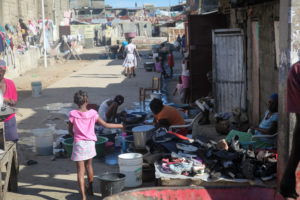

What is so special about the Hands Up for Haiti missions is that they are truly about understanding and providing care. There is no hidden agenda beyond working together with our Haitian medical staff to deliver life- saving medical care and clean water to people who have limited access. They are also about mutual respect and building a bridge of understanding between our volunteers and the people they care for.
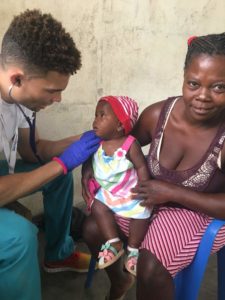
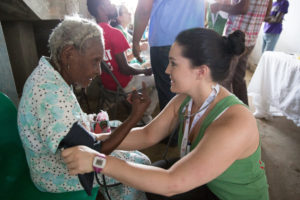
It is about watching children play despite the lack of toys, witnessing the joy of a mother celebrating surviving childbirth and holding her newborn to her breast, seeing people nourished by their spirit when there is little to eat, and communities dancing and singing in a joyous celebration of life. It is watching people love their families especially their children.
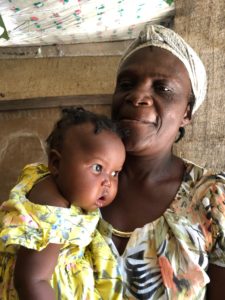
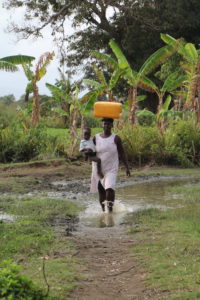
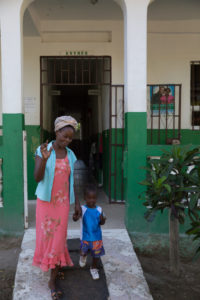
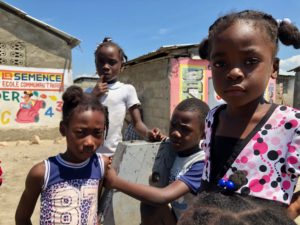
For our volunteers it is also learning about the “gap”. The large one that exists between people in the developed world and people in developing countries. The gap in health care: Where someone lives or dies depends on geography. They are witnesses to the horror of diagnosing a young child with diabetes and hearing they may not be able to get insulin or meeting a woman who has incurable cervical cancer and will die from a treatable disease. The gap in hunger: Having enough food or not. They may hold the hand of a child whose skin is bloated from severe malnutrition or measuring the height of a child who is stunted from lack of nutrition. The gap in clean water: Turning on a faucet or walking miles to carry a bucket of water that may carry disease and treating children suffering from diarrheal illnesses.
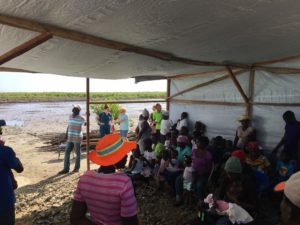
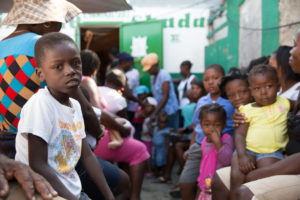
Our volunteers usually react with a mixture of empathy and anger. Empathy because they are holding that child’s hand or walking side by side with the women or hearing the stories through the voice of our translators. And anger because they know this is an injustice and struggle with the question of “why” and what can be done.
A HUFH volunteer can never forget what they experienced and learned working in Haiti and they begin to understand the reasons people flee their homes to find a better life or even just to survive. When they witness the extreme poverty and childhood mortality that every family in Haiti faces, they can also begin to understand what is happening in the rest of the world as people flee extreme poverty, violence, and war.
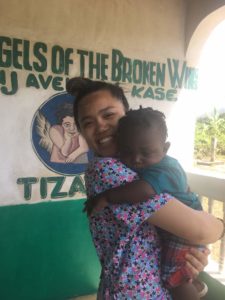
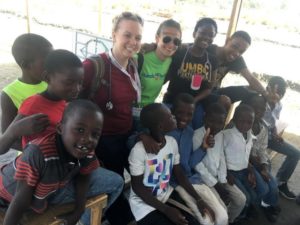
At HUFH, we heal, we teach and we support life-giving health programs that meet the needs of the present generation and pave the way for a healthy and safe future for all Haitians. Our programs are community based, led by Haitians for Haitians, giving families an incentive to stay at home rather than flee.
Every volunteer may not walk in another’s shoes, but they do follow another’s footprints and begin to understand what life is like for the millions of people around the world who live in poverty. This is how we will leave a legacy of impactful programs and how we hope to build a more humane and compassionate world.
